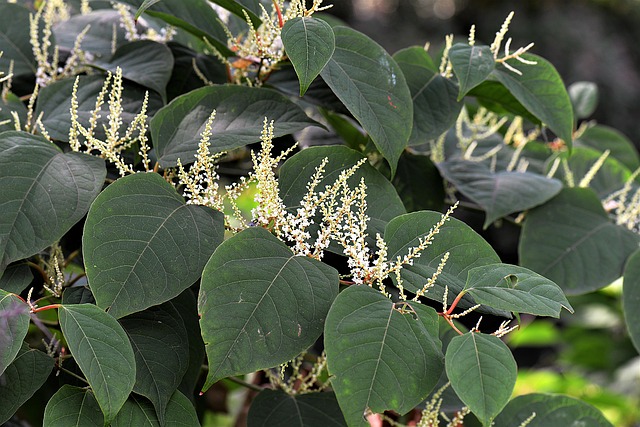Japanese Knotweed is an invasive species of weed that can grow at rates of up to 10cm a day. It is often very difficult to remove which can cause huge problems for property owners. The fast growing underground roots can grow up to seven metres horizontally and three metres vertically which can cause significant damage to buildings and underwater drainage.
Unsurprisingly, the presence of Japanese Knotweed can affect a lender’s decision to grant a mortgage over the affected property. A Court of Appeal decision earlier this year has demonstrated that failure to deal with Japanese Knotweed can expose owners of land hosting Japanese Knotweed to costly claims in private nuisance.
Nuisance
A claim in private nuisance arises where one party does something lawful on their own land which causes substantial or unreasonable interference with a neighbour’s enjoyment of their adjoining land. Mr Williams and Mr Waistell, owners of two semi-detached houses in Wales, claimed that the presence of Japanese Knotweed on adjacent land belonging to Network Rail was causing an unreasonable interference with enjoyment of their land.
The County Court initially refused to grant damages because it found no evidence that there was any encroachment by the knotweed, or that either Mr Williams or Mr Waistell’s properties had suffered any actual physical damage. However, the Court did award damages to Mr Williams and Mr Waistell on the basis that the mere presence of Japanese Knotweed was a nuisance, even if it had not yet caused any physical damage to their properties. The County Court awarded damages based on the reduction in the value of the properties.
The Court of Appeal disagreed with the County Court’s reasoning as the damages ordered amounted to an award for ‘pure economic loss’. This is a loss which is purely financial that arises out of acts of negligence and is not ordinarily recoverable in law. Instead, the Court of Appeal found that damages could be awarded to the homeowners for loss of amenity, because the presence of Japanese Knotweed was likely to make developing the land very difficult and expensive.
The judge reminded the parties that the law of nuisance is not there to protect an individual’s investment, but to protect an individual’s use and enjoyment of their land. The case confirms that courts are prepared to recognise loss of amenity and utility as a head of damages in claims arising out of private nuisance. In some cases the fact that the presence of knotweed next door prevents a land owner developing could give rise to more significant claims than those limited to the reduction in the value of the property as a result of knotweed nearby.
Criminal prosecution
As well as facing civil actions arising in nuisance, allowing Japanese Knotweed to spread on your property can also be a criminal offence. It is an offence to plant the weed under the Wildlife and Countryside Act 1981, but failure to control it can also be an offence under the Anti-Social Behaviour, Crime and Policing Act 2014 in circumstances where a community protection notice is breached.
In May 2017, Bristol City Council served a community protection notice on a landowner following complaints from seven neighbours that the landowner had allowed the spread of Japanese Knotweed on land adjoining their properties. The landowner failed to comply with the notice, and the City Council took the decision to prosecute. On 4 December 2018 the Magistrates ordered the company, who did not attend the hearing, to pay a fine of £18,000 together with costs and also issued an order requiring the owner to remediate the Knotweed. The prosecution is understood to be the first of its kind in the country and serves as a warning to landowners that local authorities can utilise anti-social behaviour legislation to force landowners to control the spread of nuisances on their land.
If you would like further information or advice in connection with Japanese Knotweed or other nuisance matters please contact a member of the Real Estate Disputes team at Stevens & Bolton LLP.
This information is necessarily brief and is not intended to be an exhaustive statement of the law. It is essential that professional advice is sought before any decision is taken.

 Stephanie Newton
Stephanie Newton